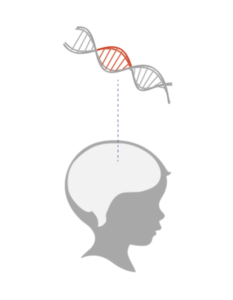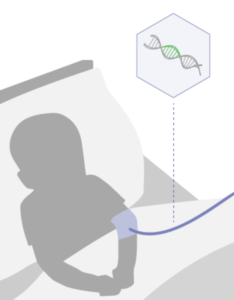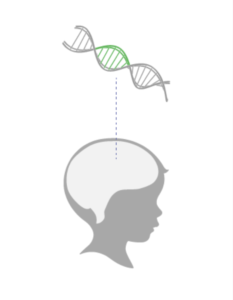

CANinform is a natural history study of patients with Canavan disease that will help researchers better understand the disease and provide a foundation for Aspa’s gene therapy program. The study is open to all individuals with a confirmed diagnosis of Canavan disease. Participating in CANinform is not required and does not offer any advantage for consideration for the treatment trial.
Medical records are a key source of natural history data and are needed to participate in CANinform. Aspa is offering a free record retrieval service to help families (outside of the EU) to obtain past medical records.
A natural history study is used to understand the natural course of a disease and can help doctors know what clinical improvements may look like in patients who receive a potential treatment.
A robust natural history study can be an alternative to a placebo arm in clinical trials.
Regulators, like the Food and Drug Administration (FDA), can use natural history data to understand more about disease progression as they evaluate potential therapies for approval.
Patients can contribute to a greater knowledge of Canavan disease, since Aspa will share data from CANinform with the Canavan patient community, which may help doctors to provide better care for those affected.
Patient data from a natural history study can help define meaningful changes that may indicate whether a treatment is working.
Greater family participation can provide valuable data that may help support an approval of a new therapy for Canavan disease.
To view a list of participating CANinform sites and locations, please visit www.clinicaltrials.gov

NAA is found mostly in neurons. If NAA is not broken down it accumulates in a child’s brain and may prevent the proper formation of myelin, the protective covering that helps neurons communicate with each other.
The deficits in myelin are thought to cause Canaan’s effects on movement, lanquage and vision.
Aspa’s investigational gene therapy is given in a single intravenous dose and aims to provide working copies of the
ASPA gene throughout a child’s body.
The treatment uses an AAV9 viral vector designed to deliver the functional ASPA gene throughout the body and the brain.


Once the functional ASPA gene is expressed, it may help restore myelin in the brain. This can potentially improve the course of Canavan disease by addressing the underlying genetic cause.
For more information about CANaspire please visit www.clinicaltrials.gov
You are leaving our website and we cannot be held responsible for the content of external websites.